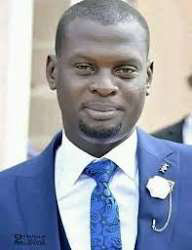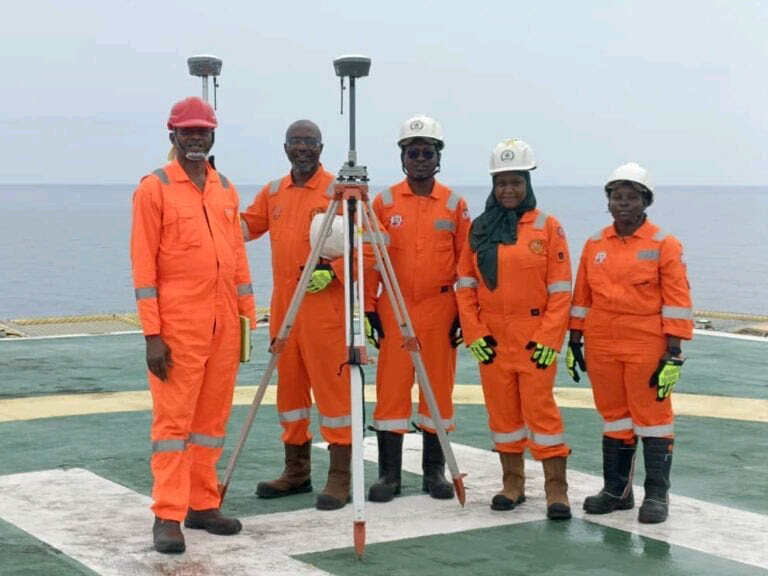Buhari Could Have Died Using Nigerian Hospitals, Says Ex-Spokesman Adesina

Femi Adesina, former Special Adviser on Media and Publicity to the late President Muhammadu Buhari, has stated that the former Nigerian leader might not have survived his health challenges had he relied solely on medical care in Nigerian hospitals.
Speaking during a Channels Television interview on Tuesday, ahead of Buhari’s state funeral, Adesina addressed long-standing criticism over the former president’s frequent medical trips to the United Kingdom while in office.
According to him, Buhari’s decision to continue his treatment abroad was not an act of indulgence or disregard for Nigeria’s healthcare system, but a matter of survival.
“Buhari always had his medicals in London, even when he was not in office. So it was not about the time he was president alone. He had always had it there,” Adesina said.
He explained that the doctors in the UK had been managing Buhari’s condition prior to his assumption of office in 2015 and were already familiar with his medical history, making it impractical and potentially dangerous to switch medical teams.
“One has to be alive first to get certain things corrected or changed in the country,” he said. “If Buhari had said he would do his medicals here as a show of patriotism or something, he could have long been dead because there may not be the expertise needed in the country.”
Adesina emphasized that the choice of foreign treatment was driven by professional considerations and not a snub to Nigeria’s medical professionals. He insisted that the late president’s ability to lead and serve the nation was closely tied to the quality of care he received overseas.
“He needed to be alive to be able to lead the country to a point where we would have that expertise,” he said. “So those who complained about his frequent medical trips abroad don’t know that the man needed to be alive first before you can make a change.”
The comments come amid renewed scrutiny of Nigeria’s healthcare system following Buhari’s death in a London hospital and the government’s heavy investment in a state funeral. Critics argue that if more attention had been paid to domestic healthcare infrastructure during his tenure, future leaders might not have to rely on foreign medical care.
Adesina’s remarks, however, underline the long-standing gap in medical capacity in Nigeria and highlight the difficult choices leaders sometimes face in the absence of sufficient local alternatives.









